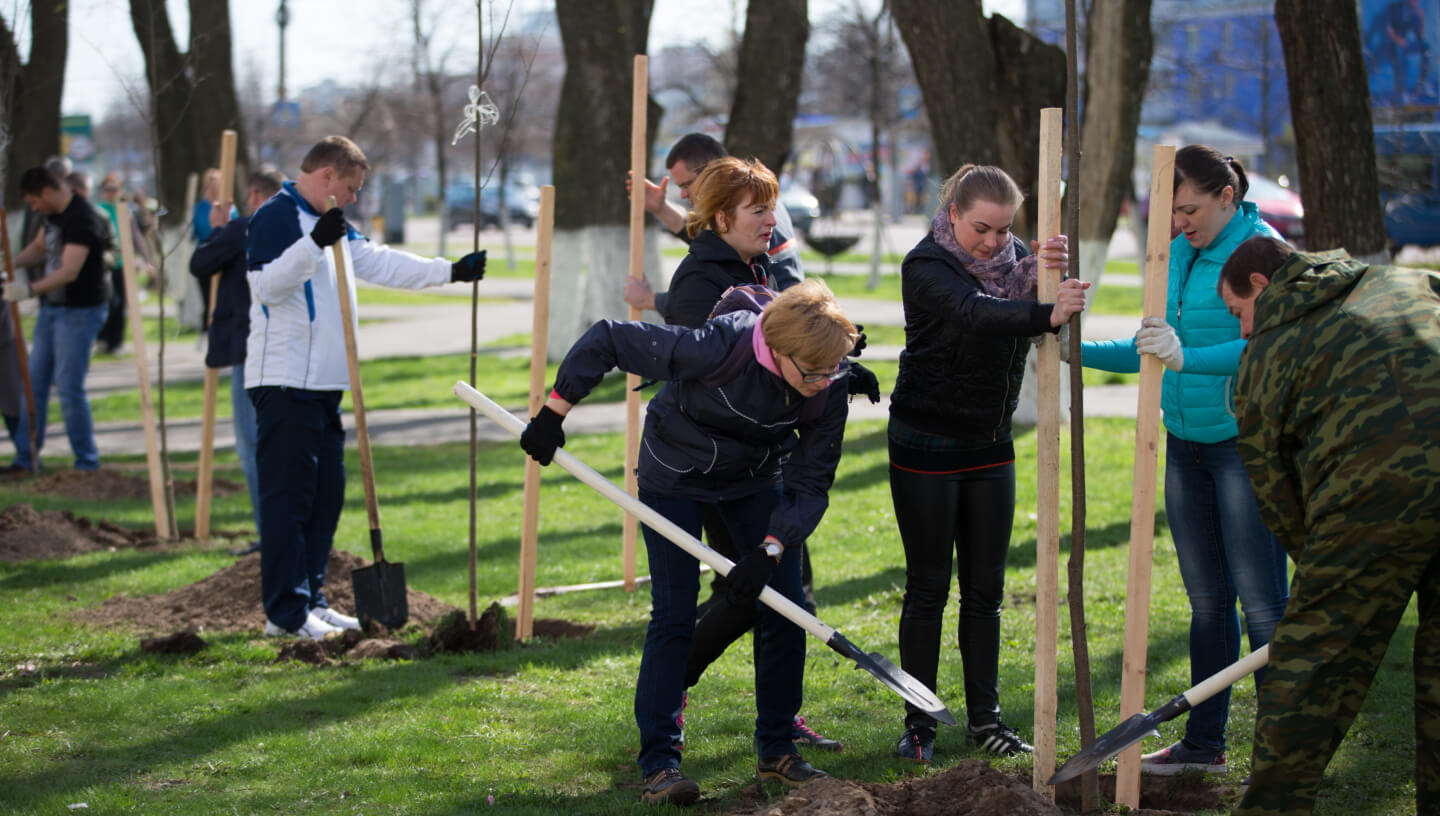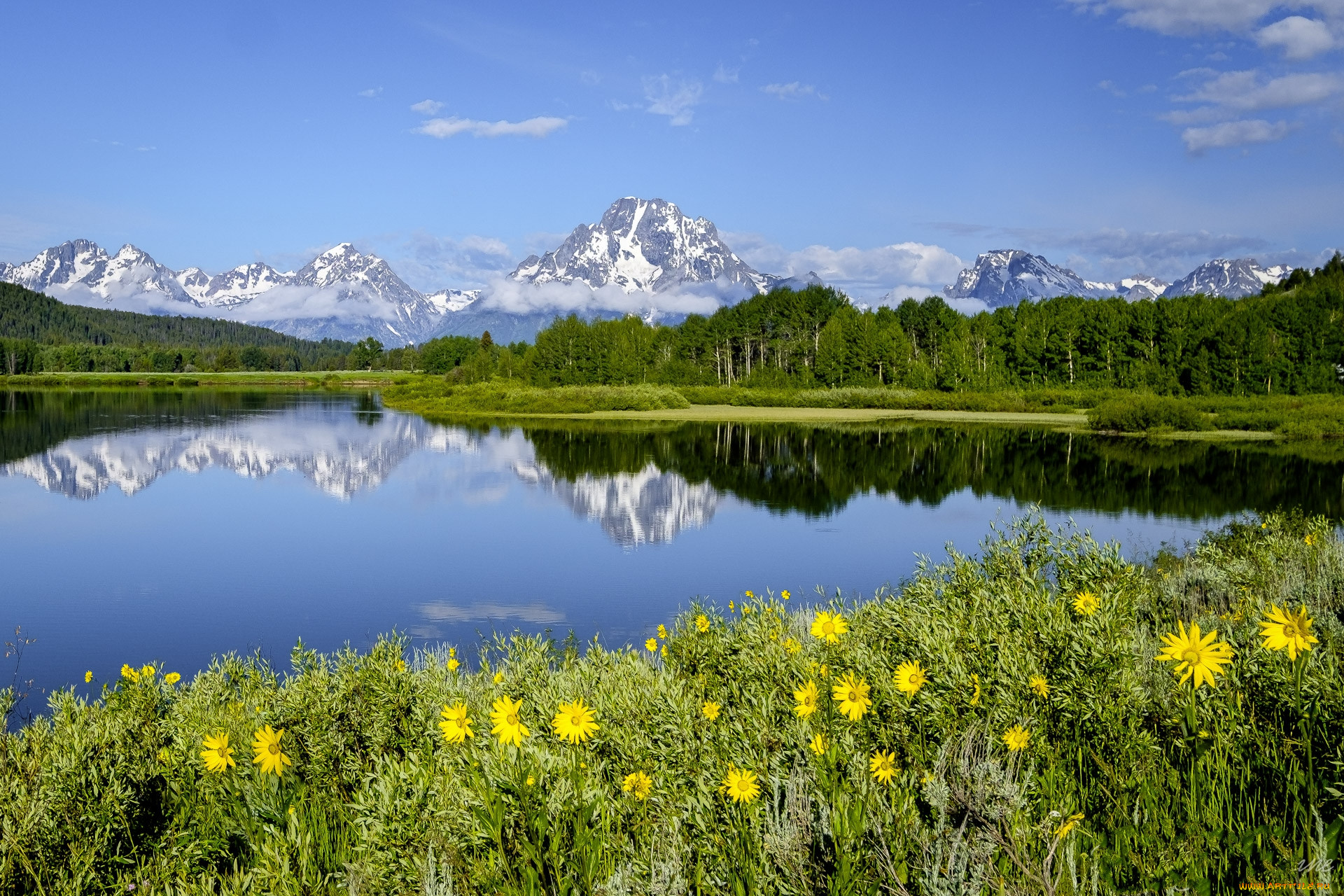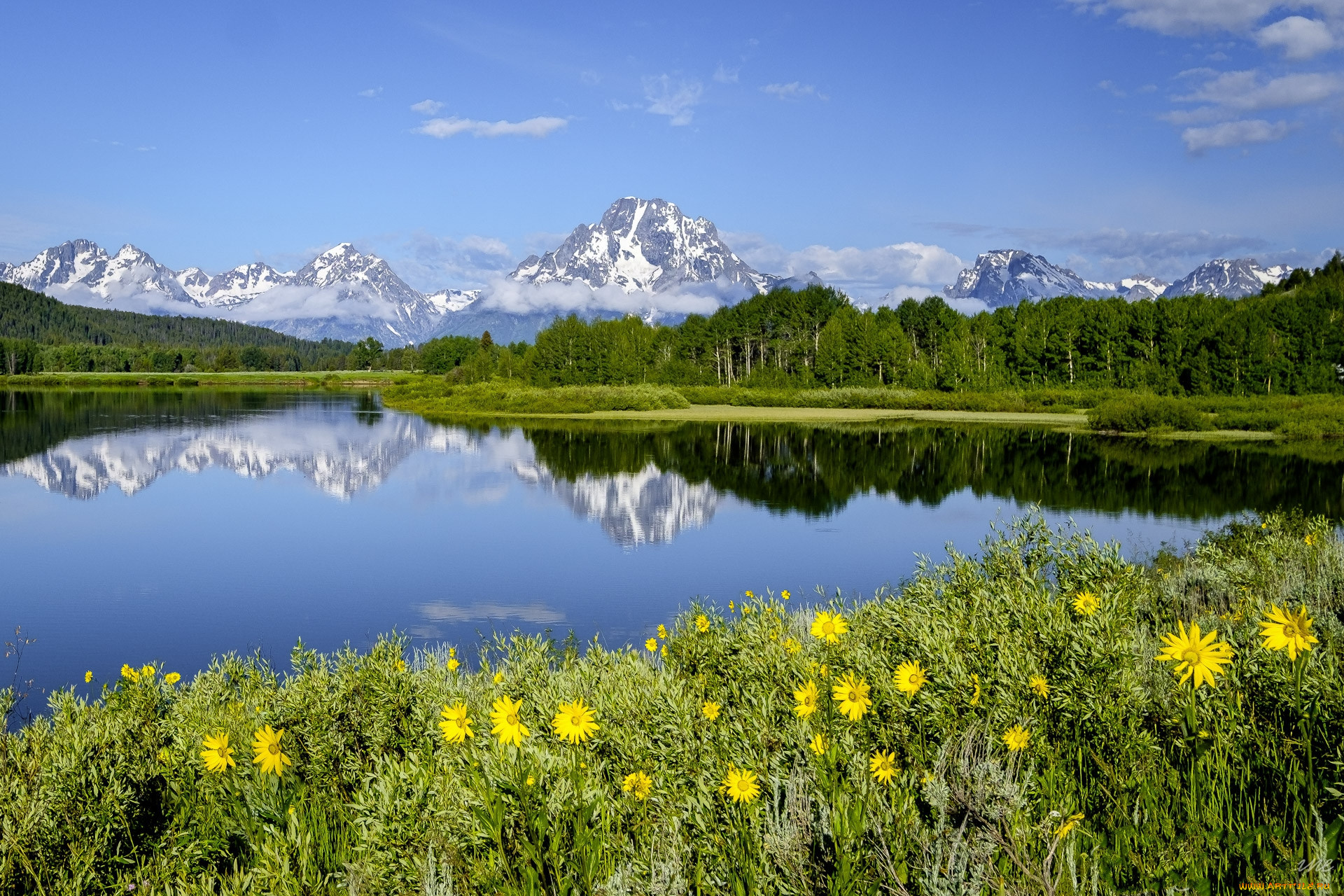 Photo by: Sviatlana Lazarenka / iStock
Photo by: Sviatlana Lazarenka / iStock
Each individual human being has a minimal impact on nature. And humanity’s carbon footprint is largely generated as a by-product of industrial and agricultural development. The more these sectors develop, the greater the pressure on the environment.
And it is difficult to quantify the individual impact of each sector. It is easier to say that if the level of carbon emissions has increased, it means that the vegetation, the soil or industry is polluting the air more than it needs to.
Switching to a circular green economy is the only way to reduce the carbon footprint, as it will reduce the consumption of natural resources.
But this does not mean that each of us should not make efforts to preserve the environment in our daily lives. The topic of greening is very important here. The format of greening depends on the specific city. For example, in Vyborg and other small towns, you can lay out alleys and green up the streets to create a comfortable living environment. This will allow people to move around the city on green alleys rather than stone valleys.
The same can be done in the courtyards of ’Khrushchev houses’. But it is important that the planting of trees and shrubs is two-way, because then a person will be inside the green corridor. Where this is not possible, you can do vertical planting, you can put ivy on the walls. The idea is to create a layer of space between the outdoors and the buildings so that people don’t feel like they are in a stone jungle.
In the workplace, too, you can do your bit for nature. There are already examples of ’green’ offices that save paper and water. It makes people think about ecology. But it might be better to do away with offices in general, because they are one of the attributes of the consumer format of life.
It seems to me that the transition of business to a climate agenda will happen on its own, because in a time of scarce resources it will have to find sources of energy, food and other material resources that are independent of nature. This will require, in particular, the creation of an artificial soil that is protected from natural disasters.
The next challenge is to develop new morality and new social relations. This will require many more people than are presently in offices. This will be possible because of an unconditional basic income, instead of the production of unnecessary goods. This new social and economic order will be based on creativity, individuality and creativity in all directions, no matter what a person does. This is the transition to a green economy.
Cover photo: taikrixel / iStock








Comments